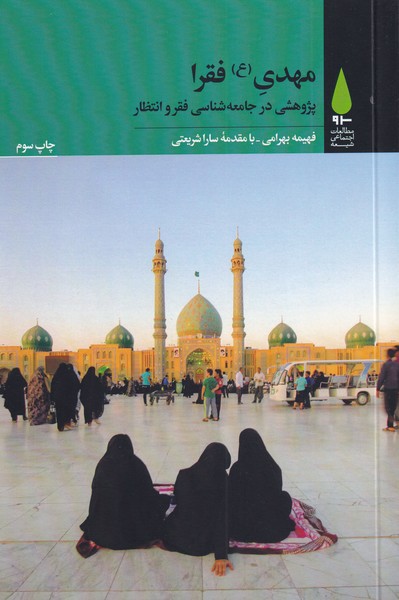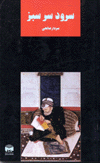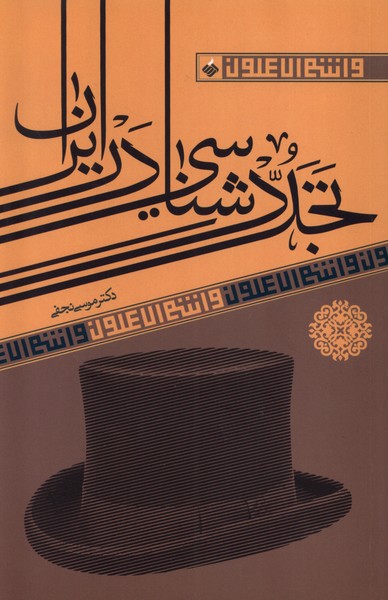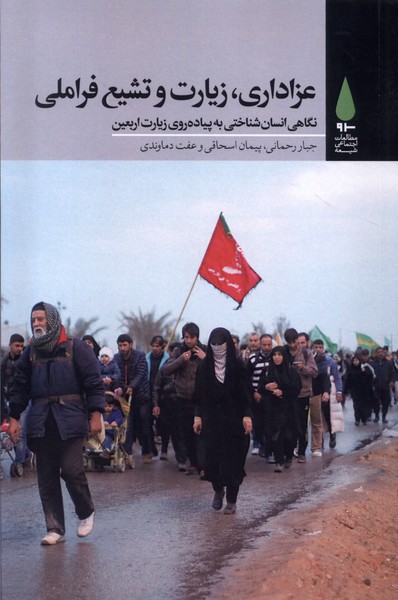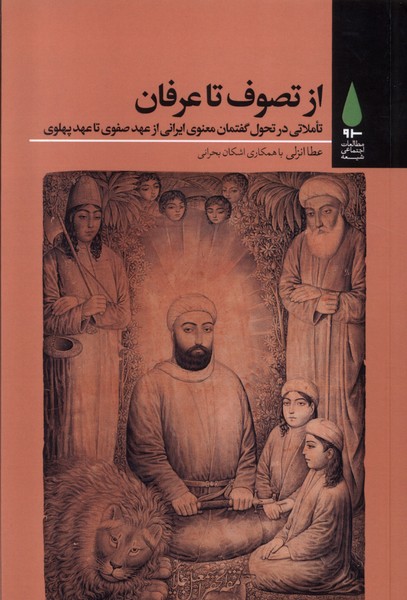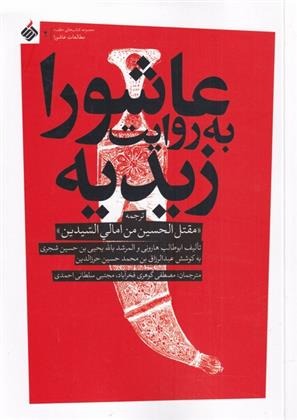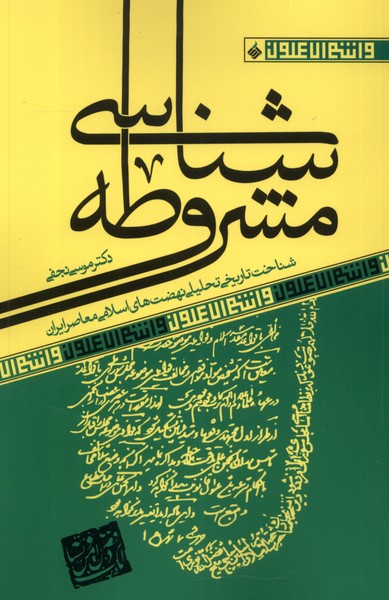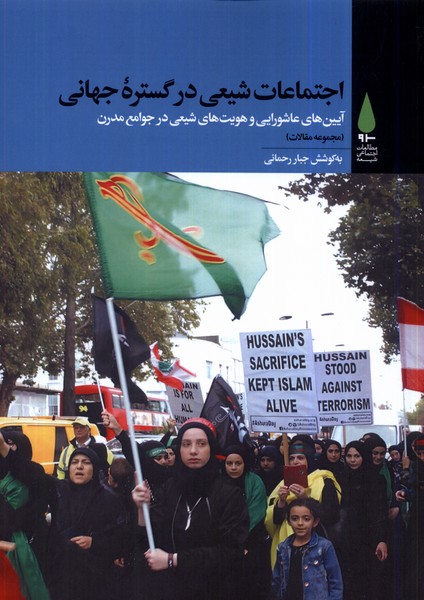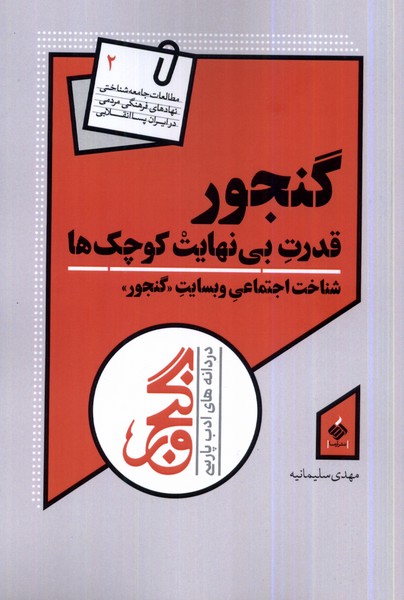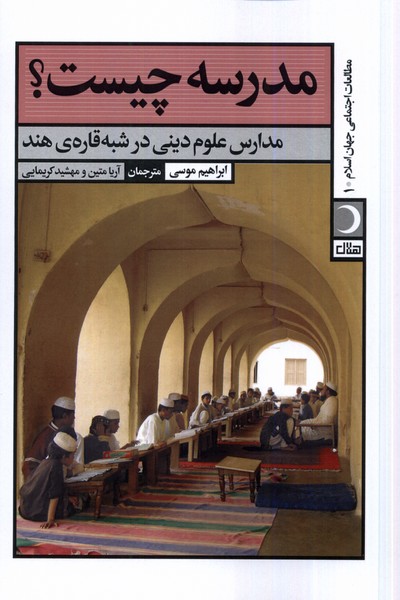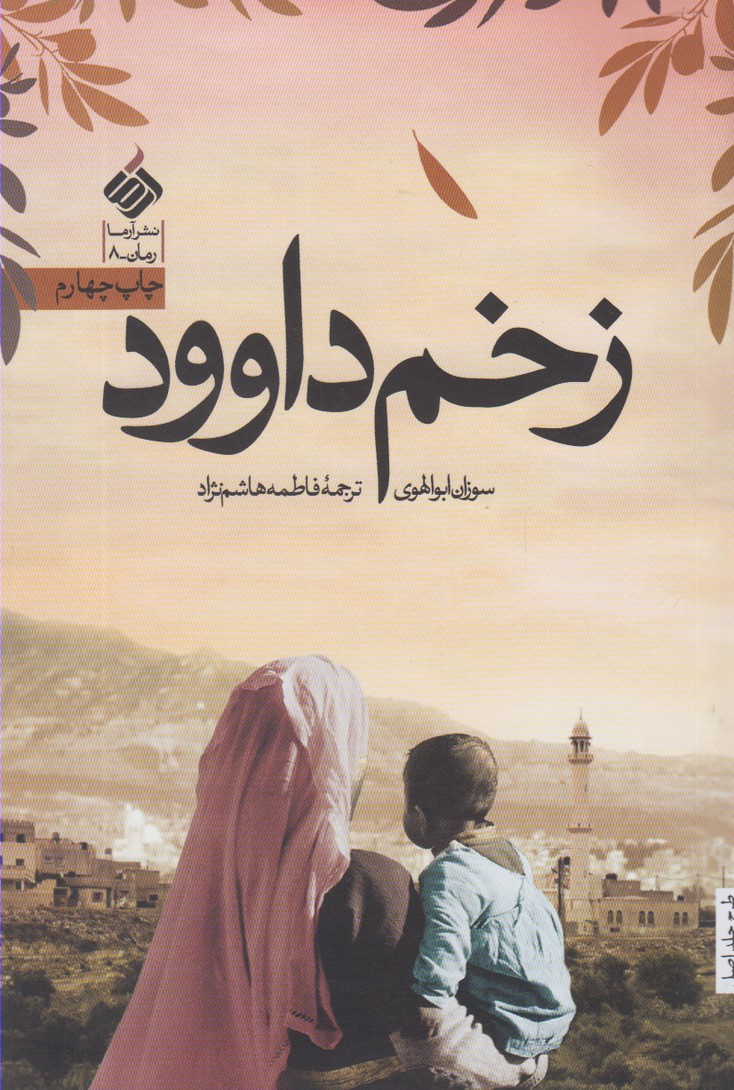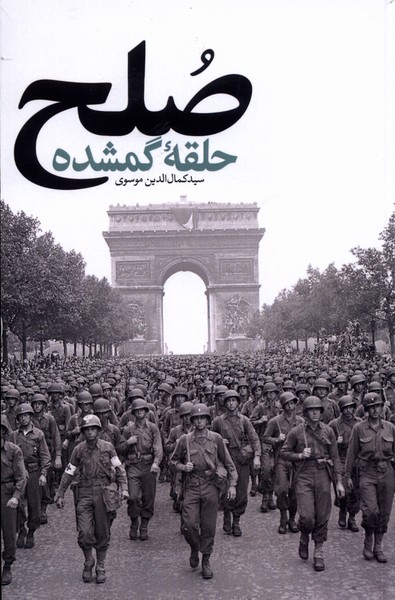Mahdī-yi fuqarā: Persiska (Farsi) 1400
مهدی فقرا
201 SEK
Dela
Wishlist
The most important questions of this book are what effect does poverty have on people's attitude towards expectation and what role does expectation play in the lives of the poor? Can it be said that the poor are really waiting for the advent of Mahdi (peace be upon him)? What is their idea about Mahdi (peace be upon him) and the utopia that will be realized with his coming? Also, is waiting for the poor more known with its positive and constructive role or with its negative and conservative role? Another question is, what is the level of their knowledge and understanding of the promised Mahdi? How was this information obtained and in other words, what is the source of their knowledge? To what extent is their perception of expectation close to the official religious discourse, to what extent is it to the discourse of new religious thinking, and to what extent does it arise from the mass and popular attitude? Finally, what is the concrete manifestation of expectation in the lives of the poor? Which religious rites and rituals regarding waiting for the appearance of Mahdi (peace be upon him) are more common among them and to what extent are there social activities among them as waiting?
more
مهم ترین پرسش های این کتاب این است که فقر چه تاثیری بر نگرش افراد به انتظار دارد و انتظار، چه نقشی در زندگی فقرا ایفا می کند؟ آیا می توان گفت فقرا به واقع منتظر ظهور مهدی علیه السلام هستند؟ تصور آنها نسبت به مهدی علیه السلام و اتوپیایی که با آمدن او محقق خواهد شد چیست؟ ضمنا انتظار برای فقرا بیشتر با نقش مثبت و سازنده آن شناخته شده است یا با نقش منفی و محافظه کارانه آن؟ پرسش دیگر این است که سطح اطلاعات و شناخت آنان از مهدی موعود چقدر است؟ این اطلاعات چگونه به دست آمده و به عبارت دیگر، منبع شناخت آنان چیست؟ تلقی آنان از انتظار تا چه حد نزدیک به گفتمان مذهبی رسمی است و تا چه حد به گفتمان نواندیشی دینی و تا چه میزان برخاسته از نگرش توده ای و عامیانه؟ در نهایت اینکه انتظار در زندگی فقرا چه نمود عینی ای دارد؟ کدام مناسک و آیین های مذهبی در خصوص انتظار ظهور مهدی علیه السلام بیشتر در بین آنها رایج است و تا چه حد، فعالیت های اجتماعی به مثابه انتظار در میانشان وجود دارد؟
more

